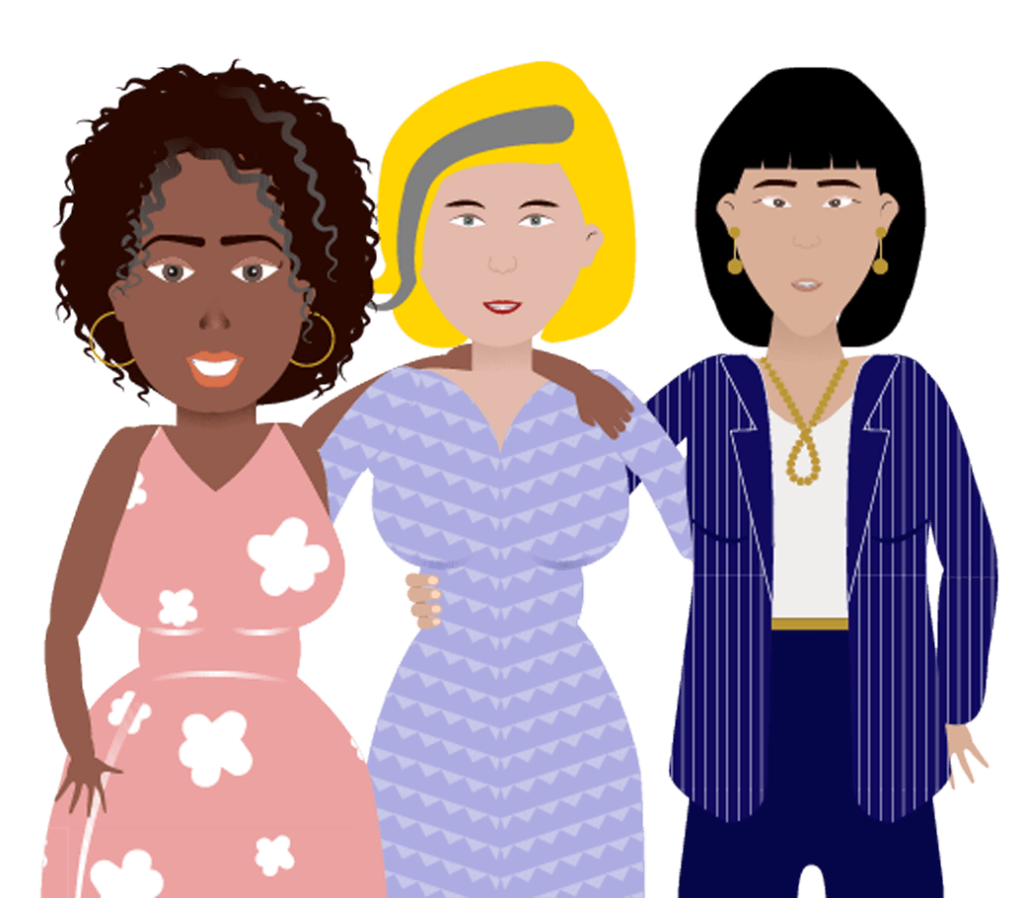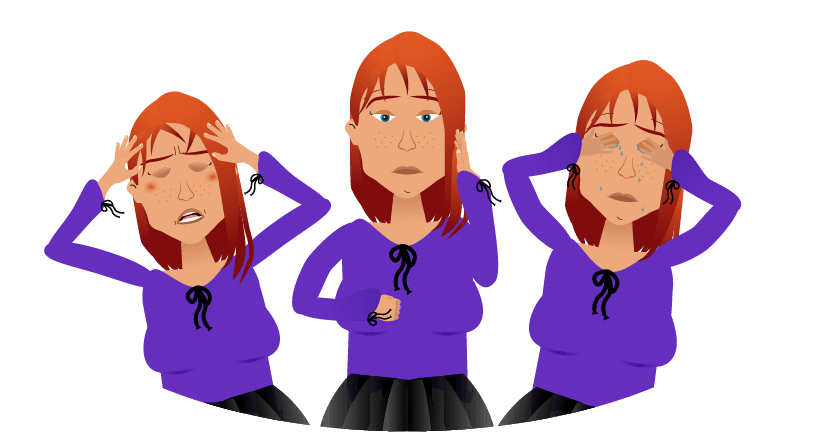
Raising awareness and breaking the taboos - knowledge is power

The subject of Peri and Menopause is where mental health was 10 years ago. It’s surrounded by taboo and shame. How can anyone get the help they need if there’s neither awareness nor acceptance? This is about normalizing conversations and raising awareness to allow those who need help to get it and to stay in the workplace.
Our Peri and Menopause Solutions:
Why invest in peri and menopause training?
Why should Peri and Menopause be a workplace priority?
Women of Peri and Menopausal age are the fastest growing demographic in the workplace. Most experience symptoms that directly impact their ability to perform at work, including hot flushes, insomnia, loss of self-confidence, anxiety and depression, poor concentration, brain fog, aches and pains, bladder issues and heavy bleeding.
The result? Research shows that:
- 10% women with Peri and Menopause symptoms leave the workforce altogether
- 14% reduce their hours or work part time
- 8% either avoid a promotion or actively ask for a demotion
- 80% feel Peri and Menopause symptoms negatively affect their productivity and their relationships with their colleagues.
What do Peri and Menopause symptoms look like in the workplace?
On the physical side, symptoms include hot flushes, aches and pains, bladder issues and heavy bleedingThe psychological symptoms include insomnia, loss of self-confidence, anxiety and depression, poor concentration, tiredness, poor memory, and brain fog.
Not all women have all of these symptoms. But those who do say that these have a profound impact on their ability to work.
Unfortunately, decades of stigma and taboo mean that many women still do not recognise that Peri and Menopause are causing their symptoms. So not only do they not talk about it, but most also importantly they don’t seek help.
If they work in an environment where the word menopause is never mentioned, their colleagues won’t understand the situation, making it almost impossible for women to come forward and get help in the workplace.
Your complete guide to Peri and Menopause in the workplace
Don’t Sweat It online course provides simple facts about Peri and Menopause to get rid of stigma and shame while throwing a spotlight on this tricky time.
There are also practical fixes to help women at work.
Our info packed but entertaining one hour online course also addresses how to bring empathy and support to these difficult conversations
Who are your Peri and Menopause trainers?
Your Don’t Sweat It trainers are Peri and Menopause expert and TV presenter, Dr Ginni Mansberg and TV personality and workplace communications expert, Shelly Horton.
Dr Ginni, the “Sunrise GP” wrote The M Word, How to Thrive in Menopause and speaks internationally about menopause.
Shelly is a familiar face on Channel Nine. A fierce Peri and Menopause warrior Shelly nearly quit her job due to her symptoms, Now she specialises in helping workplaces normalise Peri and Menopause conversations.
The two real-life best friends are both passionate members of the International Menopause Society and are passionate advocates for midlife women in the media and even in Federal Parliament.
What is included in our workplace Peri and Menopause training?
The Don’t Sweat It online training program offers the facts about Peri and Menopause plus practical ways to implement small changes at work, get everyone on the same page and manage this often difficult time so everyone feels comfortable and supported.
At the end of the course, participants will feel confident to;
- Recognise Peri and Menopause symptoms when they happen to someone in the workplace
- Be familiar with simple management of symptoms
- Approach your team members experiencing Peri and Menopause in an inclusive, empathetic and knowledgeable way
- Understand the legal responsibilities of all parties
- Introduce simple ways workplaces can help
The result?
- Better staff retention, satisfaction and performance
- Fewer legal risks
- A culture of inclusion
How can I make my workplace more Peri and menopause friendly?
- Have a specific menopause workplace policy. Having a specific menopause in the workplace policy re-enforces the organisation’s commitment to acknowledging that menopause is a workplace issue. Don’t Sweat It can help you develop your menopause policy.
- Raise awareness. It is critically important to raise awareness among the entire workforce of any organisation, including senior management and supervisors. This is critical to removing stigma and to encouraging women to seek help and support. Menopause specific workplace education programs should educate workers about how to have sensitive conversations about menopause with their colleagues at work.
- Have a menopause friendly physical environment. Access to fans, temperature control, cool water, sanitary products in the bathrooms and easy access to bathrooms will improve conditions for women with the symptoms of peri and menopause. Where possible allow symptomatic women to work from home.
- Have menopause mentors inside peer to peer workplace based networking groups. We know women want support in their workplaces. Having support people, mentors, Slack, Yammer or Teams group chats, opportunities to attend webinars and off site learning sessions can help women feel their workplace is part of the solution- not the problem. Don’t Sweat It can provide webinars, Lunch and Learns and even off-site meetings for your organisation.
Are you in menopause hell?
- Hot flushes ruining your morning meetings?
- Is brain fog muddling your number crunching?
- Unsure of what is happening to your body?
Simple workplace tweaks will improve performance
and increase employee satisfaction. Let us show you the ropes!

